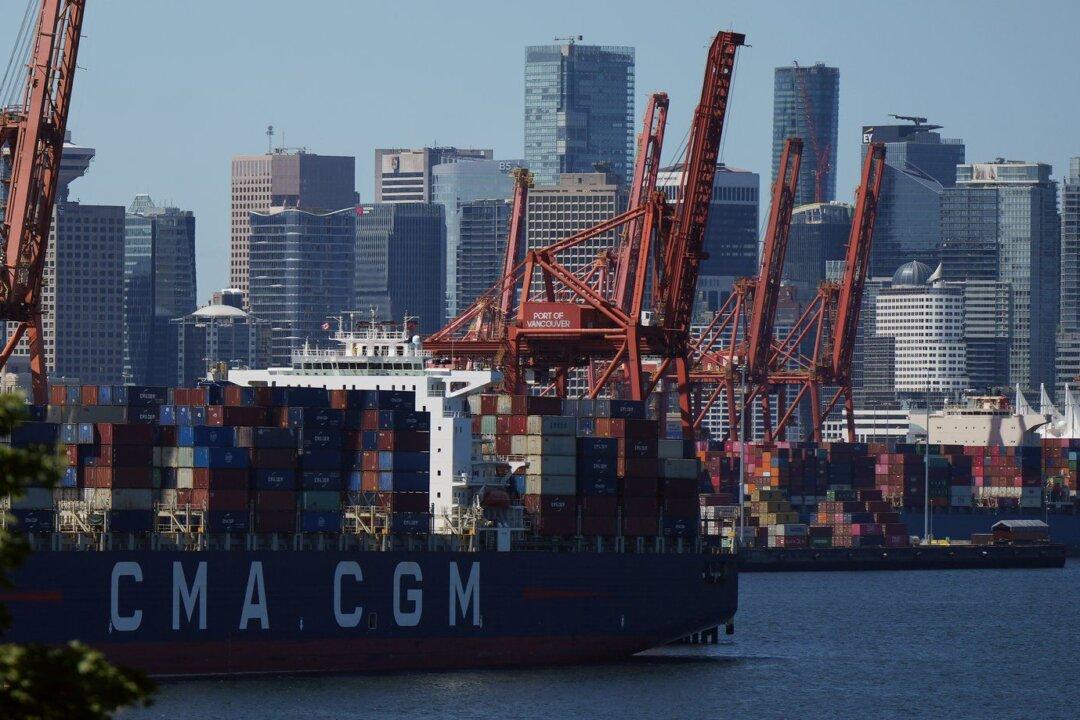Prime Minister Justin Trudeau says the federal government is “dismayed“ that an agreement to end the job action at British Columbia’s ports was rejected by the longshore union leadership.
Trudeau said Thursday that the union caucus’s decision to reject a federal mediator’s tentative deal that was agreed to at the bargaining table, putting them back in strike position, is “unacceptable.”





